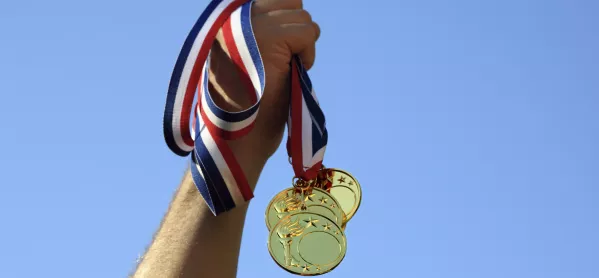Sixty per cent of Team GB’s medallists at the Rio Olympics - including cyclist Laura Trott, runner Mo Farah and heptathlete Jessica Ennis-Hill - were educated at comprehensive schools, research conducted by the Sutton Trust social mobility charity reveals.
Ten of the 13 athletes who won more than one medal went to comprehensive schools. And cyclist Jason Kenny, whose three medals in Rio make him the most successful British Olympian in history, was educated at Mount St Joseph, a Roman Catholic comprehensive in Greater Manchester.
Eight per cent, including diving gold-medallist Jack Laugher, attended state grammar schools.
The rise in state-educated Olympians has been attributed to increased investment in school sport. There have also been a number of partnerships between state and private schools. For example, gold-medallist swimmer Adam Peaty attended a state school, but trained at £8,414-a-term Repton School in Derbyshire.
‘Over-represented’
Fewer than a third (32 per cent) of Britain’s 130 medallist attended fee-paying schools: a reduction of 4 percentage points since the London 2012 Olympics, when 36 per cent of Team GB’s medal-winners were privately educated.
However, Britain’s top Olympians are still four times more likely than the population at large to have been privately educated. This is particularly true in certain sports. For example, more than half - 52 per cent - of the British medal-winning rowers attended fee-paying schools, as did 50 per cent of the winning women’s hockey team.
An old Etonian has won a medal at every Olympic games since 1992, either for rowing or for an equestrian sport.
Sir Peter Lampl, chairman of the Sutton Trust, said: “Alumni of private schools are still over-represented among our medallists. Although some state schools have improved support for competitive sport over the last decade, they’re still more likely to benefit from ample time set aside for sport, excellent sporting facilities and highly qualified coaches.”
The proportion of privately educated medal-winners is exactly the same as the proportion of MPs who attended fee-paying schools: also 32 per cent. However, it is less than the proportion of privately educated Bafta winners, which currently stands at 42 per cent.
Want to keep up with the latest education news and opinion? Follow TES on Twitter and like TES on Facebook




